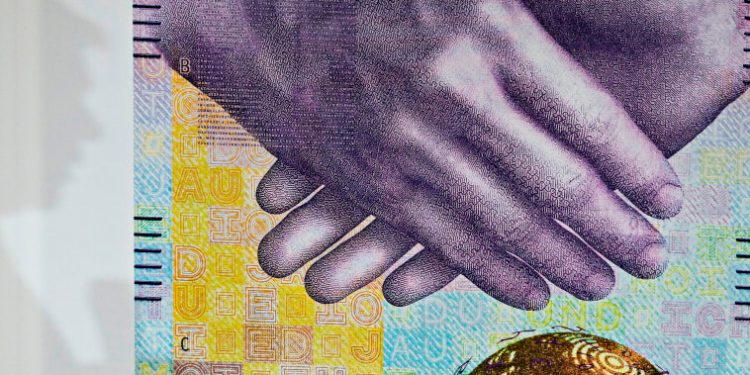Swiss banks have long been havens for the wealthy and big corporations. Unfortunately, this same privilege has been abused by some domestic and foreign clients who have laundered money, evaded taxes, and concealed assets. One particular case recently came to light after Swiss bank UBS was penalized for helping American clients hide billions of dollars in assets.
The U.S. Department of Justice has announced that UBS will pay the hefty sum of $5.2 billion to resolve their criminal and civil charges. The largest Swiss bank admitted to aiding U.S. taxpayers in concealing their assets offshore and committing fraud. This criminal investigation was the largest of its kind in the world, and it revealed the illegal practices of UBS’s practices from 2001 to 2019.
In addition, UBS will pay $122.9 million to state and local governments as part of a deferred prosecution agreement in what is referred to as the “Swiss-banking model” respecting U.S. taxpayers’ assets. This payment was required as part of UBS’s admission of guilt regarding their defiance of U.S. law.
Although $5.2 billion is the largest financial penalty ever lodged against a banking institution, the greater issue is the longstanding practice of Americans using Swiss banking institutions to conceal assets and evade taxation. This has been costing the U.S. government billions of dollars in lost tax revenue and has been a subject of ongoing discussions between U.S. and Swiss governments.
Although these discussions are ongoing, financial institutions will need to be more vigilant in order to detect any attempts of money laundering and tax evasion and to prevent these activities from reoccurring in the future. It is expected that other Swiss banks will face similar investigation and penalties for assisting American taxpayers in hiding assets.
The payment of the $122.9 million by UBS is a huge step forward in ending financial abuses and imposing accountability. It is hoped that other banking institutions will take UBS’s example as a warning, and use it to create a better environment for following government rules and regulations. Going forward, stronger compliance and deterrence will help ensure that such abuses are prevented from occurring in the future.
















